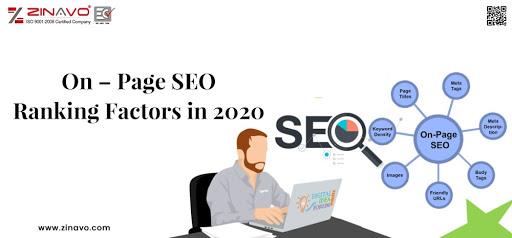WHAT is on-page SEO?
On-page SEO refers to the optimization of website structure and content – anything that is on the page (as opposed to off-page SEO).
The off-page SEO covers mostly link building and on-page SEO covers these two aspects:
- Content
- Technical Stuff
WHAT is on page SEO score?
The SEO Score is a measure of how well the user-facing and technical aspects of your site contribute to search engine optimization, and ultimately, higher rankings and organic traffic. Your site’s final SEO Score is determined by its performance in four subcategories: Technical, Content, User Experience, and Mobile.
HOW to do on-page SEO?
Mastering on-page SEO requires broad knowledge, as it includes many aspects. In this guide, we’re going to walk you step by step through the most important on-page success factors and techniques.
WHY should you work on the on-page SEO?
Because it is an integral part of SEO that can help you get higher rankings, reach a bigger audience and get more organic traffic.
WHEN should you do on-page SEO?
Some things require a one-time setup when starting with the website (e.g. page structure, HTTPS, website speed optimization), other activities are needed every once in a while – you need to take on-page optimization into account every time you publish a new blog post.
On-page SEO should be be done even if you rank #1 in the search results because SEO is an ongoing process.
WHO should be doing on-page SEO?
Any website owner, blogger, online marketer or SEO specialist. In fact, anyone trying to rank a website in search engines.
What are on-page SEO factors?
The 12 important on-page SEO factors that have a direct or indirect influence on the success of your website.
On-page optimization consists of many steps.
Crawlable website – the website is crawl able and indexed by search robots
Site architecture – there is a clear structure and logic in the architecture of the pages
Quality outbound links – the website is linking to high-quality external resources
Website speed – the pages load fast on all devices
Mobile friendliness – the page renders on every device and browser properly
Use of HTTPS – the website is secured and has an SSL certificate
User-friendly URLs – URL addresses are simple and UX-friendly
Well-targeted content – the page targets a specific search intent
Keyword optimization – the page uses relevant keywords in relevant places
Image optimization – the images are optimized for search engines
Readability and UX – the text is well-optimized, readable and UX-friendly
Click-through rate – the page has optimized title tag and Meta description
Conclusion:
Things such as HTTPS or page speed are confirmed ranking factors. It means Google uses them directly in their ranking algorithm.
The thing is – whether Google uses these factors as a ranking factor or not, they are important because they improve the overall user experience and provide value for the website visitor.
Although not all of the factors mentioned in this guide are ranking factors, all of them correlate with higher rankings. It means that sites ranking high usually have very good results in these areas of on-page optimization.
For More Details:
Digital Marketing Company in Bangalore | SEO Company in Bangalore | Website Development in Bangalore | SMO Services in Bangalore | SEO Agency in Bangalore | Web Design Company in Bangalore | Bangalore Web Design Companies



